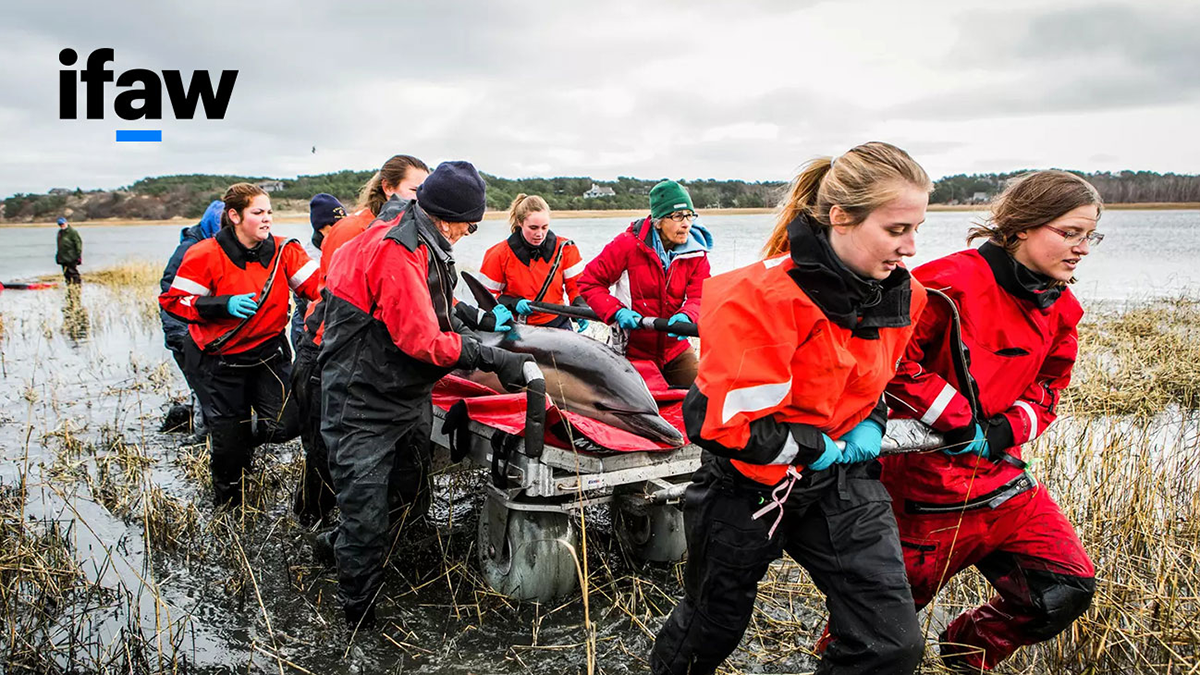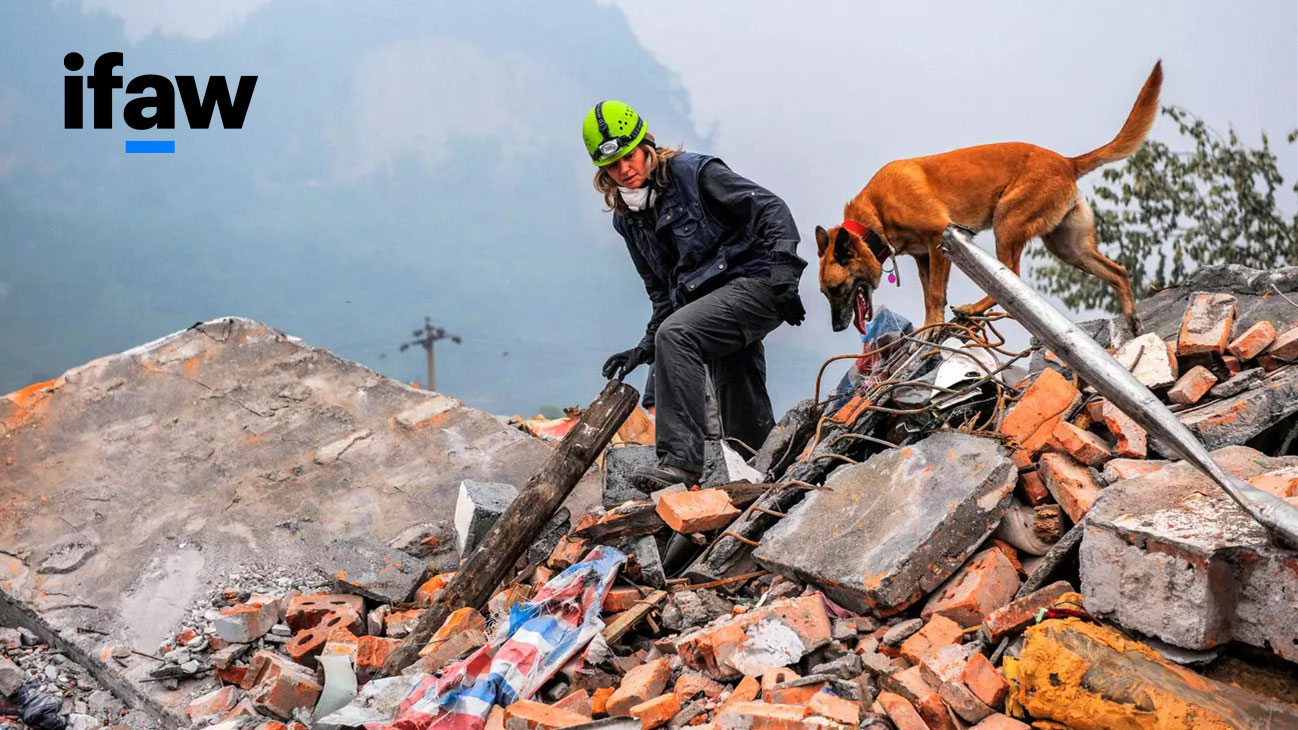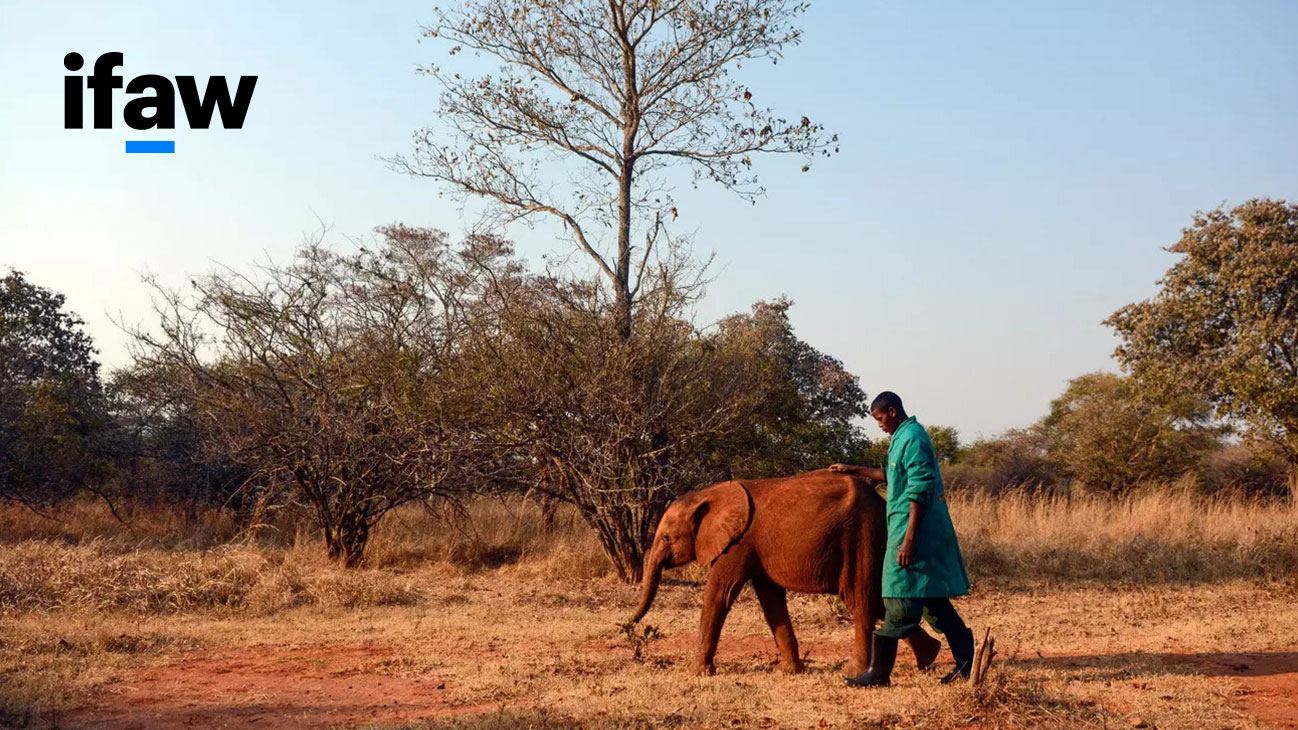


IFAW Review
InformationWho They Are
IFAW was founded 50 years ago with the aim of improving conditions for animals, people, and the place we call home.
IFAW works around the globe to rescue and rehabilitate animals, end illegal wildlife trade, and secure critical landscapes. They collaborate with local communities to create sustainable livelihoods that benefit both people and animals.
Their Mission:
Fresh thinking and bold action for animals, people, and the place we call home.
Their Work
IFAW Believes We Are Powered by Human Connections:
To explain the ethos behind their work, IFAW explains: “It isn’t always clear how different people can best work together, whether they’re scientists and decision makers, farmers and fishermen, or park rangers and forensic experts. What is clear—after half-a-century of collaborating across disciplines and cultures—is that none of us has a monopoly on problem solving.
That’s how we were able to save cows while creating community spaces in Myanmar. It’s how we created jobs and a network to stop wildlife crime in Malawi. And it’s how we ensured that domestic abuse victims in the Netherlands could find safety for themselves and their pets. IFAW protects animals, but IFAW is people.”
IFAW Believes We That Every Animal Matters:
“When we rescue one animal—a house pet abandoned in a hurricane, a milk cow displaced by an earthquake, a right whale entangled in fishing line—we’re doing much more than saving a life. We’re reuniting a family. We’re restoring a community’s livelihood. We’re saving a species on the brink of extinction. We’re saving our planet,” they explain.
Current Initiatives
Landscape Conservation
IFAW is taking action to secure the habitats of millions of creatures:
“We’re helping people take care of the precious ecosystems in their own backyard. And wherever people and animals are neighbours, we’re there to help them live in harmony.”
Wildlife Rescue
IFAW has rescue teams across six continents and three oceans that are available to help animals in need:
“Our Marine Mammal Rescue and Research teams use every distress call as an opportunity to advance what we know about sea life and how to help it thrive. It’s a continuous cycle—and it’s saving lives.”
Community Engagement
IFAW prides themselves in helping people help animals.
For example, in Bali IFAW has built relationships with local students, local vets, and local government to help control preventable disease in areas prone to natural disaster. Through Programme Dharma, trained locals go door-to-door, talking with their neighbours about rabies vaccination and basic pet care.
“We’re proud of what we’re doing together, but what sets us apart is how we do it.
Instead of working for local communities, we prefer to work with them.”
Marine Conservation
Commercial whaling has been banned worldwide since 1986. But Iceland, Japan and Norway still permit whale hunting. IFAW is working to change that.
“Our ocean is vast, and so are our plans to protect the animals who live there—from stopping harmful practices that kill marine life to starting sustainable businesses that can build a better life for all.”
Policy
IFAW believes that if you want to change the game, you need to start with the rules. And with animal welfare, that means the laws.
“We bring half a century of firsthand experience to our advocacy campaigns, ensuring that policies, legislation and international treaties recognise real problems and real solutions. Around the world, we’re giving people big ideas to rally around and law enforcement the necessary tools to protect animals,” they explain.
“Our campaigns target governments and politicians, students and teachers, farmers and business owners, citizens and law enforcement – because the hard truth is that all people share the responsibility for animal welfare.”
Disaster Relief
IFAW’s team is ready to strike into action when disasters happen.
“With an emphasis on preparedness, our work starts before disaster strikes. With strong planning, we can help communities keep their livestock and local wildlife safer during emergencies. When disaster strikes, we’re ready to respond.”
Wildlife Crime
IFAW’s global network is on the frontlines to ensure that animals have the protection they need from the illegal market forces that threaten their survival.
Recent Wins
IFAW experts, campaigners, rescue workers, and partners are firmly grounded in hands-on projects in more than 40 countries, helping communities improve the welfare of animals and protecting the landscapes they share.
IFAW’s focus is on can-do initiatives that are practical, culturally sensitive, and designed to overcome immediate challenges and enhance human-wildlife coexistence — on the local and national levels.
According to IFAW’s 2018 Annual Report:
- 621: number of law enforcement personnel who attended one of 15 workshops ifaw delivered in 2018.
- 5,749+: number of participants in disrupt workshops since IFAW began them in 2006.
- 28: number of shark and ray species now protected by cites thanks to the ongoing advocacy of organizations like ifaw.’
- 30: number of african nations that demanded the EU close its domestic ivory market, end all ivory exports and support efforts to ban the global ivory trade in march 2018.
- 165: Number of scientists from 33 nations who co-signed a letter to the EU Commission calling for an EU Ivory Ban.
- 275,598 Number of animals IFAW and local partners have rescued, treated, transported, or sheltered since our first disaster relief deployment in 2000 to save rare African penguins caught in a devastating oil spill from the cargo ship, MV Treasure, in South Africa.
- 16 Countries where IFAW’s emergency interventions occurred in FY18.
- 418: number of individual live- stranded dolphins ifaw rescued and released on cape cod in fy18.
- 150,000 Number of individuals who signed IFAW’s petitions calling for an end to Icelandic whaling and expansion of a whale sanctuary in Faxafloi Bay in Iceland.
- 415: number of critically endangered North Atlantic right whales alive today, which we are determined to increase through a bold, new, ifaw- led campaign: #dontfailourwhale
- 6 number of calves born in manas to rhinos rescued and relocated by IFAW-WTI’s cwrc.
- 93% percentage by which poaching has been reduced in tsavo national park since tenBoma began.
- 250+ Number of rangers and law enforcement agents from seven different agencies and four countries IFAW has trained in advanced crime-scene investigation techniques.
- 26,000 acres
- Or, 10,521 hectares, area IFAW leases to secure critical elephant habitat in the Kitenden Corridor.
- 200+ arrests of criminals trafficking in rhino horn, leopard skin, ivory, and pangolins
- in Kasungu National Park and environs by Malawi DNPW rangers trained and equipped by IFAW since December 2016 (about 20 months).
Ways to Donate
Donations can be made online via Pay Pal or credit card.
You can donate here either as a one off or by doing regular monthly payments.
“Thanks to your generosity, IFAW has 50 years’ worth of reasons to believe in a future that people and animals can share. Together, we can help all species — including our own — thrive.” IFAW Azzedine T. Downes President and CEO
Find You Perfect Charity
Do our quiz to get matched to your perfect charity match. Alternatively, go back to our list of charities to continue reading about their work, mission and how they help.
Social Links
https://www.youtube.com/user/ckoenen
